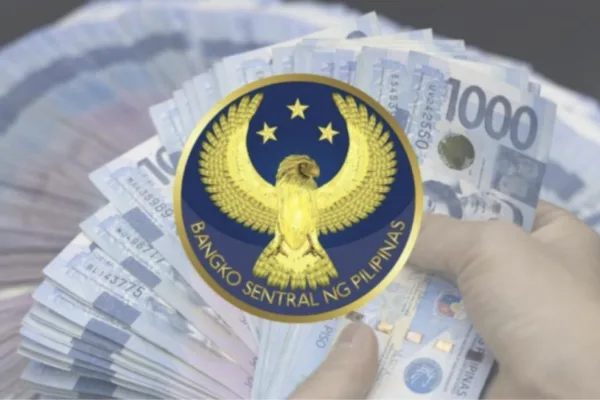The Monetary Board has approved significant amendments to foreign exchange (FX) regulations, a strategic move by the Bangko Sentral ng Pilipinas (BSP) aimed at enhancing the accuracy and relevance of FX transaction data.
In a media advisory, the BSP announced that this new initiative is expected to promote price stability and ensure robust financial oversight and supervision of banks in the Philippines.

Under the new guidelines, banks are required to submit reports promptly, adhering to the Philippine central bank’s stringent reporting standards. This shift aims to instil a heightened sense of accountability among BSP-Supervised Financial Institutions (BSFIs) and their Directors/Trustees, Officers, and Employees (DTOEs).
The refined regulations will enable the Philippines’ central bank to generate accurate reports crucial for policy analysis and economic monitoring, aligning with previous BSP issuances on reporting and penalty guidelines.
In line with the BSP’s thrust of promoting a policy environment that is market-oriented and supportive of the Philippine economy’s sustained expansion, the BSP, through the International Operations Department (IOD), ensures that the country’s foreign exchange regulatory framework remains appropriate for the needs of a dynamic and expanding economy.
BSP’s key amendments to FX regulations
Compliance Definition: Non-compliant reports — those that are erroneous, delayed, or resubmitted — are clearly defined under the revised Manual of Regulations on Foreign Exchange Transactions.
Revised Penalties: The monetary penalties for reporting violations have been updated, and classified by reporting entities and the nature of the report (primary or secondary).
A maximum penalty of PHP1,000,000 for each transactional violation or PHP100,000 per calendar day for ongoing violations is established, as per Section 37 of Republic Act No. 7653, amended by Section 19 of R.A. No. 11211.
Notification and Appeal Process: The amendments outline a clear process for notifying BSFIs and their DTOEs of FX policy violations and corresponding penalties. It also details the procedure for appeals or requests for reconsideration.
To ensure fairness and consistency, the BSP will consider general principles, enforcement action categories, due process observance, and case-specific circumstances when imposing penalties.
The implementing Circular will become effective 15 banking days after its publication in the Official Gazette or a widely circulated newspaper. Reporting entities are granted a transitional period until December 31, 2024, to adjust their systems and processes accordingly.
These amendments mark a pivotal step towards enhancing the BSP’s ability to maintain financial stability and effective supervision, reinforcing the integrity of the Philippines’ financial system.







